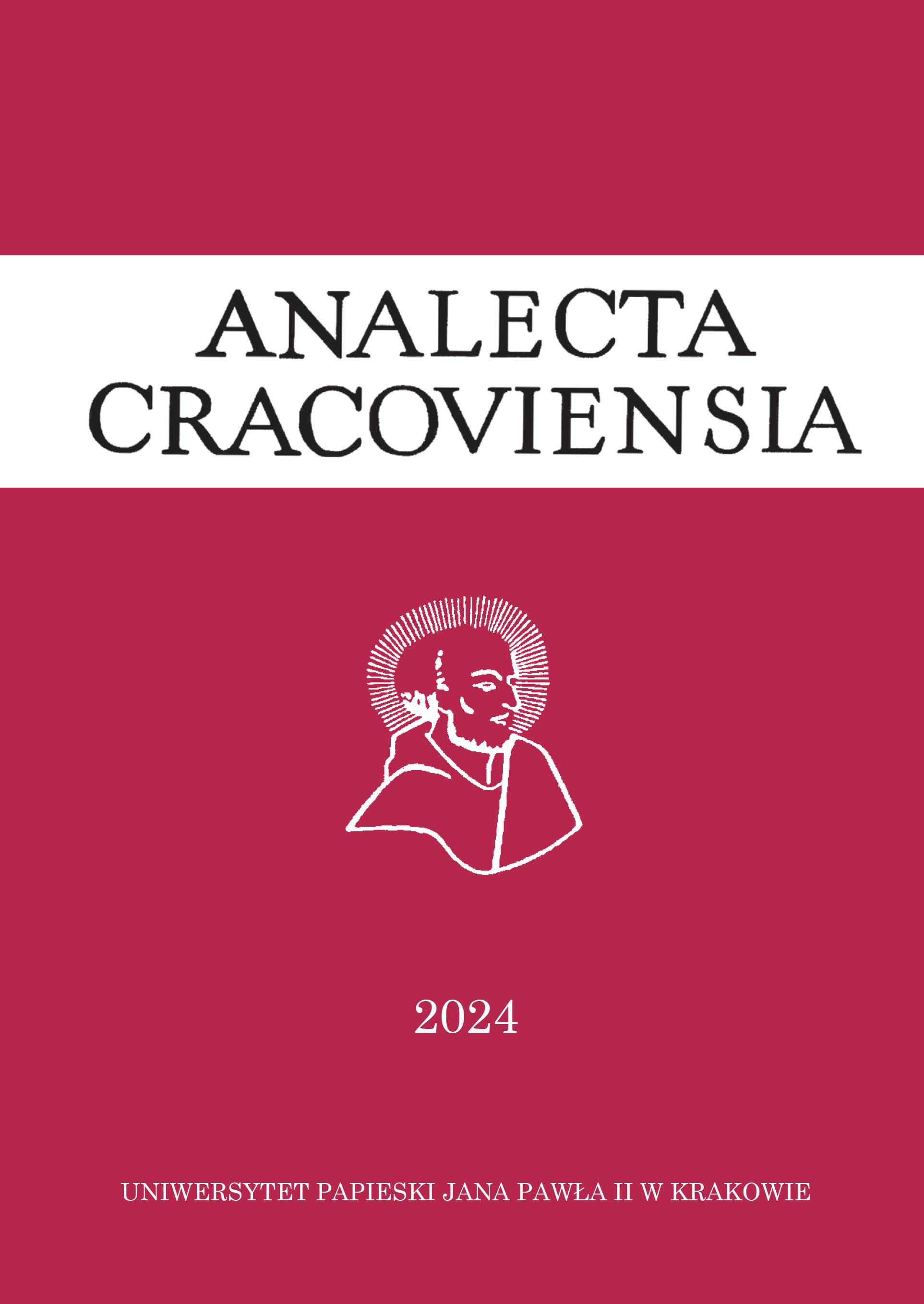Solideism – a version of solipsism
DOI:
https://doi.org/10.15633/acr.5603Keywords:
solipsism, Ego, solideism, Absolute, DatumAbstract
This paper marks the first extensive attempt to articulate the view I have termed solideism. I begin by exploring various interpretations of solipsism, as solideism represents a particular version of it, and establish a schematic formulation for solipsism. Following a brief overview of absolute idealism, I reconstruct F. C. S. Schiller’s argument that absolute idealism inevitably leads to solipsism. Building on Schiller’s reasoning, along with my own argument against solipsism (developed in a separate paper), I derive an absolute form of solipsism – solideism. Lastly, I offer observations on the order structure of the set of all solipsisms.
References
Bradley, F. H. (1916). Appearance and reality: a metaphysical essay. London: G. Allen. Sixth Impression (corrected).
Britannica, The Editors of Encyclopaedia. Absolute Idealism. In Encyclopedia Britannica, 30 Oct. 2018, https://www.britannica.com/topic/Absolute-Idealism. Accessed 23.09.2024.
Dadaczyński, J., Olszewski, A., & Wolak, Z. (Eds.). (2000). De Solipsismo. Kraków: Uniwersytet Papieski Jana Pawła II w Krakowie Wydawnictwo Naukowe. https://doi.org./10.15633/9788374389303.10.
Franchella, M. (1995). Like a Bee on a Windowpane: Heyting’s Reflections on Solipsism, Synthese, 105, 207–251. https://doi.org/10.1007/BF01064219.
Halbfaß, W. (1968). Descartes’ Frage nach der Existenz der Welt. Meisenheim am Glan: Anton Hain.
Hume, D. (1888). A Treatise of Human Nature, Web-Books.com. https://www.web-books.com/ON/B1/E1053R0429/TOC.html. Accessed 09.01.2020.
James, W. (1905). Is Radical Empiricism Solipsistic? The Journal of Philosophy, Psychology and Scientific Methods, 2(9), 235–238. https://doi.org/10.2307/2011706.
Kant, I. (1998). Critique of Pure Reason (P. Guyer, A. W. Wood, Trans.). Cambridge: Cambridge University Press.
Marbach, E. (2000). The place for an ego in current research. In D. Zahavi (Ed.), Exploring the self: philosophical and psychopathological perspectives on self-experience (pp. 75–96). Amsterdam: John Benjamins.
McCarty, D. Ch. (2020). Solipsism for Everyone: Principles and Theorems. In: J. Dadaczyński, A. Olszewski, Z. Wolak (Eds.). De Solipsismo (pp. 33–86). Kraków: Uniwersytet Papieski Jana Pawła II w Krakowie Wydawnictwo Naukowe. https://doi.org./10.15633/9788374389303.10.
Odifreddi, P. (1989). Classical Recursion Theory (vol. 1). Amsterdam: North-Holland.
Olszewski, A. (2009). Teza Churcha. Kontekst historyczno-filozoficzny, Kraków: Universitas.
Olszewski, A. (2020). Solipsyzm i różne sprawy. In J. Dadaczyński, A. Olszewski, Z. Wolak (Eds.). De Solipsismo (pp. 215–244). Kraków: Uniwersytet Papieski Jana Pawła II w Krakowie Wydawnictwo Naukowe. https://doi.org./10.15633/9788374389303.10.
Olszewski, A. (2024). The philosophy of the end, or can a solipsist end his life?, forthcoming.
Popper, K. R. (1994). Knowledge and the Body-Mind Problem: In Defence of Interaction. London: Routledge.
Russell, B. (1948). Human knowledge, its scope and limits. London: George Allen and Unwin.
Schiller, F. C. S. (1906). Is Absolute Idealism Solipsistic? The Journal of Philosophy, Psychology and Scientific Methods, 3(4), 85–89.
Strawson, G. (2000). The phenomenology and ontology of the self. In D. Zahavi (Ed.), Exploring the self: philosophical and psychopathological perspectives on self-experience (pp. 23–39). Amsterdam: John Benjamins.
Watson, R. (2016). Solipsism. The Ultimate Empirical Theory of Human Existence, South Bend: St. Augustine’s Press.
Zahavi, D. (2000). Self and consciousness. In D. Zahavi (Ed.), Exploring the self: philosophical and psychopathological perspectives on self-experience (pp. 55–74). Amsterdam: John Benjamins.
Zilioli, U. (2022). The (Un)bearable Lightness of Being. The Cyrenaics on Residual Solipsism. Peitho. Examina Antiqua, 13(1), 65–81. https://doi.org/10.14746/PEA.2022.1.4.
Downloads
Published
Issue
Section
License
Copyright (c) 2024 Adam Olszewski

This work is licensed under a Creative Commons Attribution 4.0 International License.
Authors who publish with this journal agree to the following terms:
- Authors retain the copyright and full publishing rights without restrictions, and grant the journal right of first publication with the work simultaneously licensed under a Creative Commons Attribution 4.0 International License that allows others to share the work with an acknowledgement of the work's authorship and initial publication in this journal.
- Authors are able to enter into separate, additional contractual arrangements for the non-exclusive distribution of the journal's published version of the work (e.g., post it to an institutional repository or publish it in a book), with an acknowledgement of its initial publication in this journal.
- Authors are permitted and encouraged to post their work online (e.g., in institutional repositories or on their website) prior to and during the submission process, as it can lead to productive exchanges, as well as earlier and greater citation of published work (See The Effect of Open Access).

